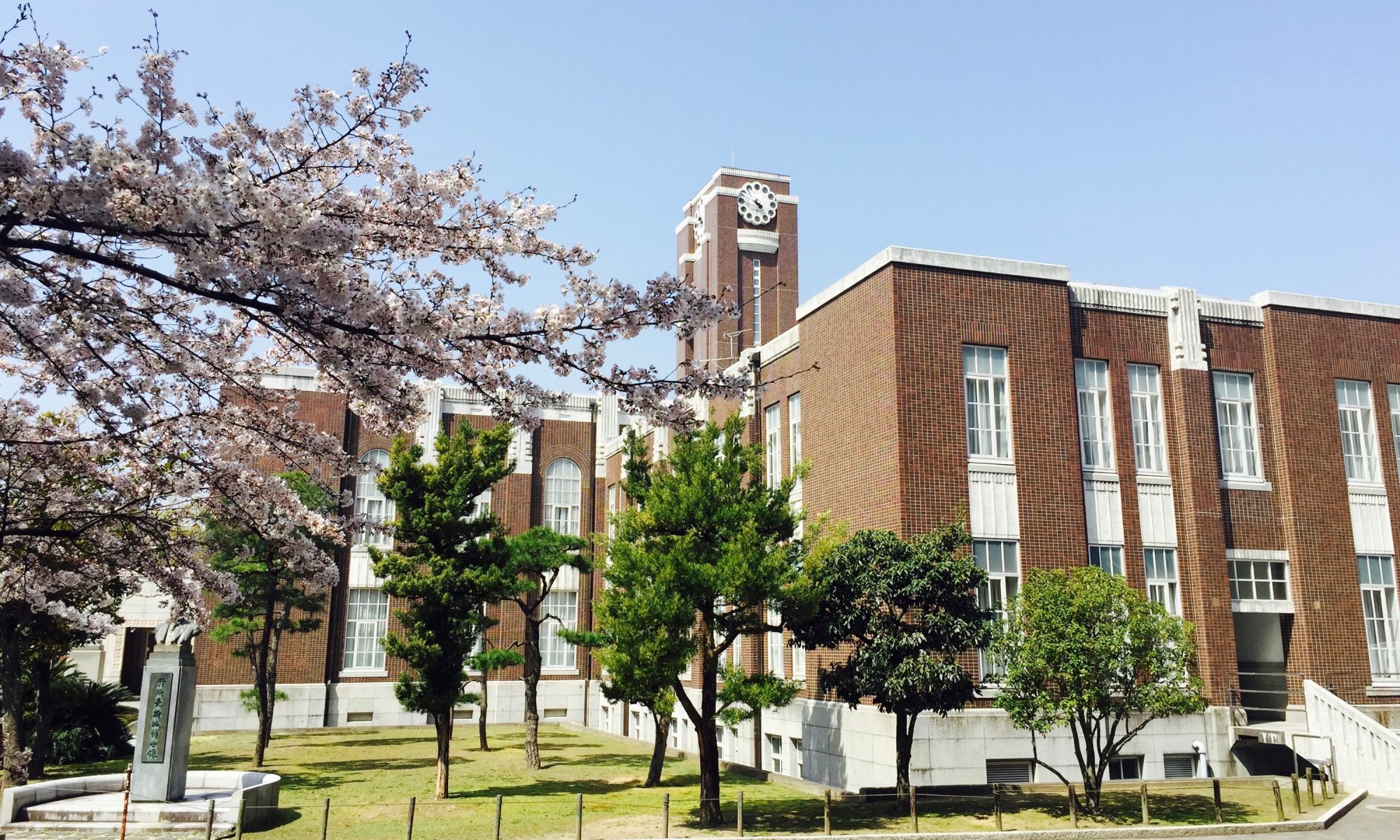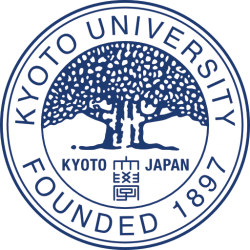Teacher: ASATO Wako
Course Code: JK38002
This course will discuss how welfare regimes intertwine with migration regimes in the process of rapid economic development and demographic change in Asian countries.
A transcultural perspective will be integrated to explore how the movement of people, ideas, and practices across borders reshapes social policies and cultural norms. One of the features of the Asian economic miracle was not only utilizing the demographic dividend and high educational attainment of its labor force but also accepting migrants,
particularly domestic workers, to facilitate the participation of local women in the labor market.
From a transcultural angle, the liberal familialism in Asian countries can be understood as a dynamic process that not only justifies the maintenance of “family value” but also transforms family structures and identities by integrating foreign domestic workers as quasi-family members. This transcultural interaction often led to cross-border marriages, creating hybrid family forms that serve as the foundation of emerging multiculturalism in certain societies.
Furthermore, the course will examine how transcultural exchanges influenced welfare models in Asia during demographic ageing. Countries like Korea, Japan, and Taiwan borrowed institutional frameworks from European welfare states, adapting these models to fit their unique socio-cultural contexts. These adaptations demonstrate the transcultural flow of welfare practices, leading to both convergence and divergence in the welfare regimes of Asian countries.
By adopting a transcultural lens, this course aims to uncover the reciprocal influences of migration and welfare systems, revealing how cultural and institutional exchanges shape both national and regional dynamics in an increasingly interconnected world.
Course Information
Module: Research and Advanced Studies
CATS Requirements: BA 3rd. year or above
Day/Period: Fri/2
Location: Lec. 9
Credits: 2
Course Goals
Students will receive basic instruction on welfare policy, migration policy, and related policies in Asian countries, gaining an understanding of how these institutional frameworks operate and their impact on individuals and society.
Course Schedule and Evaluation
For a detailed course schedule, please visit KULASIS.
Evaluation is based on reflection papers (50%) and term paper or exam (50%).


